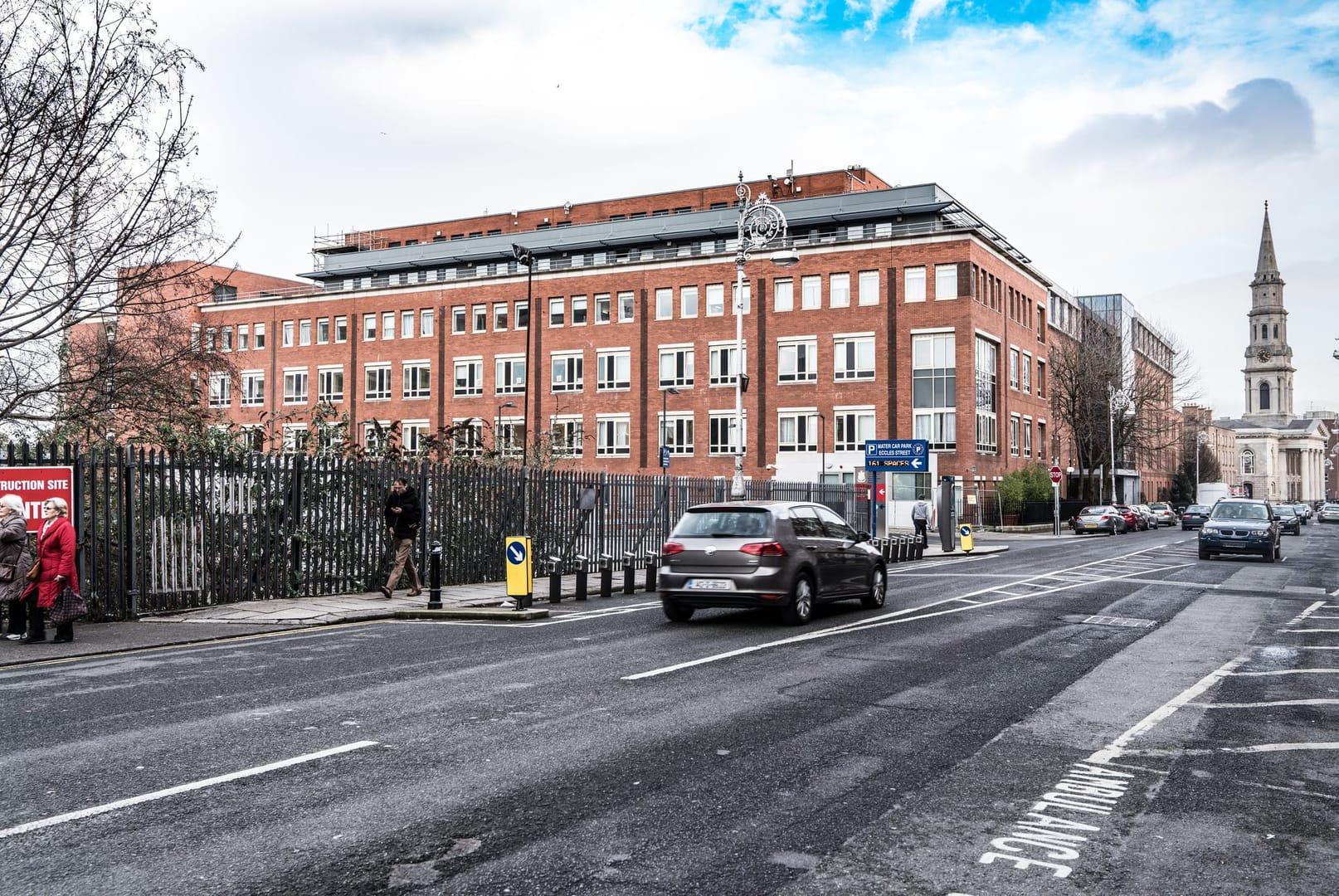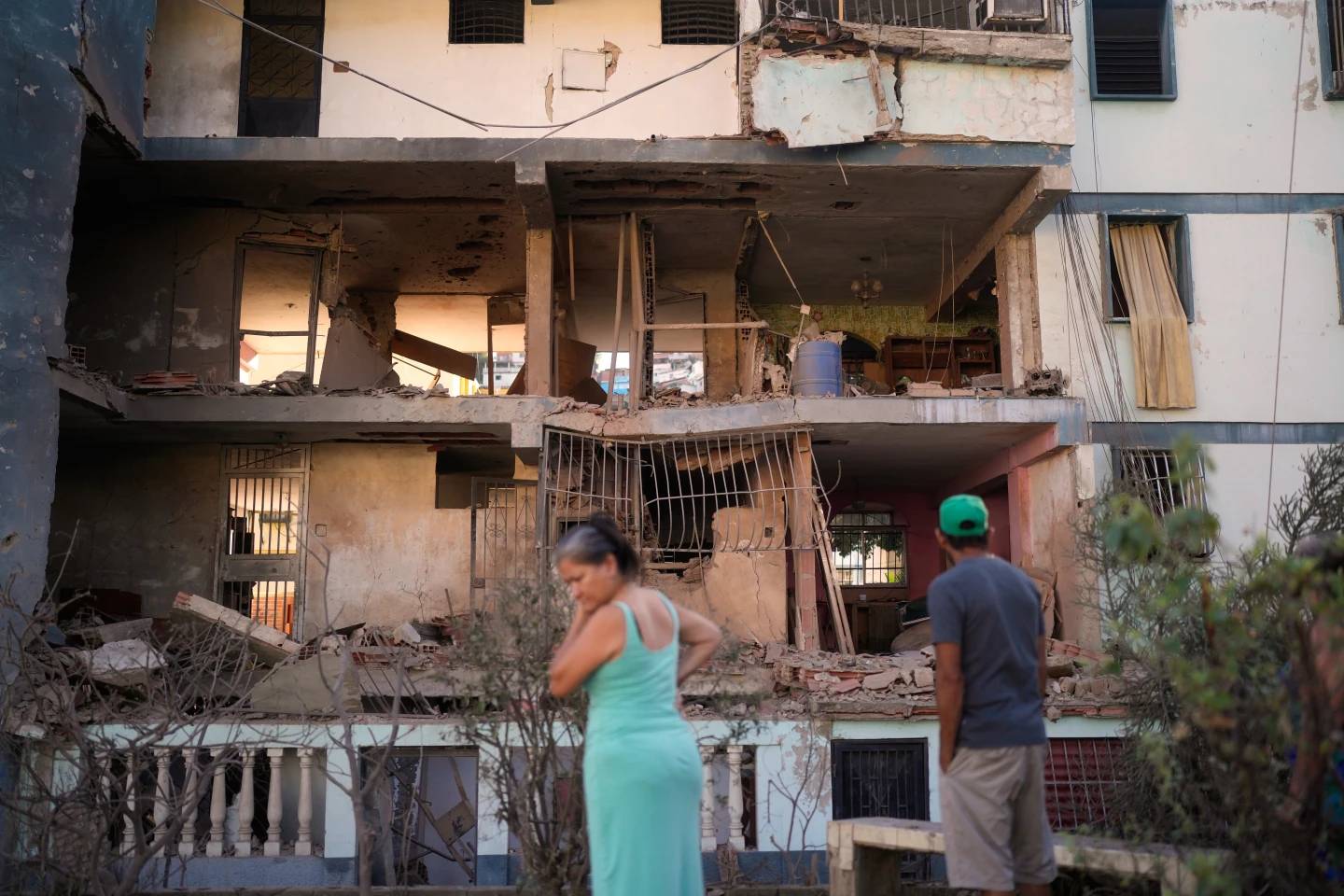LEICESTER, United Kingdom – Catholic hospitals in Ireland could be asked to remove crucifixes and other religious symbols from rooms with non-Catholic patients, according to a new report issued on Thursday.
The report was issued by an independent review group led by former European Union official Catherine Day, which was asked to look into the relationship between the Irish state and Church-run hospitals.
There are a dozen Catholic hospitals in the Republic of Ireland, all of which receive state funding.
“We recommend that organisations should be cognisant of the impact of decor on patients/service users and strive to ensure that their personal preferences in this regard are met to the greatest extent possible,” the Day report said.
Speaking to Newstalk FM, Irish Prime Minister Leo Varadkar said the report wasn’t going to force hospitals to remove religious symbols from the public areas of their facilities.
“It’s not a campaign from the Government or anyone around removing cribs or crucifixes or statues of Our Lady – that’s not what’s going to happen. But it is a message to charities and voluntary bodies that do run hospitals and schools just to have regard to these things,” he said.
“It is the 21st century, things have changed, a lot of patients, a lot of kids aren’t religious, maybe aren’t Roman Catholic, and the ethos of an institution that’s publicly funded should reflect the public, not just any one section of the public,” Varadkar told the radio station.
The prime minister said he did not believe in banning religious symbols, but he wants more diversity of those symbols: “I’d have a crib, I’d have a menorah and something for Eid too. Lots of parish schools recognise that they have children from other traditions.”
The Day report did offer one setback to Varadkar’s agenda, calling efforts to force Catholics to provide abortion services a “political rather than a legal” decision.
The report said that the state could stop providing funds to Catholic hospitals that refused to perform abortions, but that if it did so, it would disrupt the delivery of health services in the country.
It also lamented the “breakdown in mutual trust and respect” between the government and religious hospitals, which the report said was necessary to “maintain this essential relationship.”
















